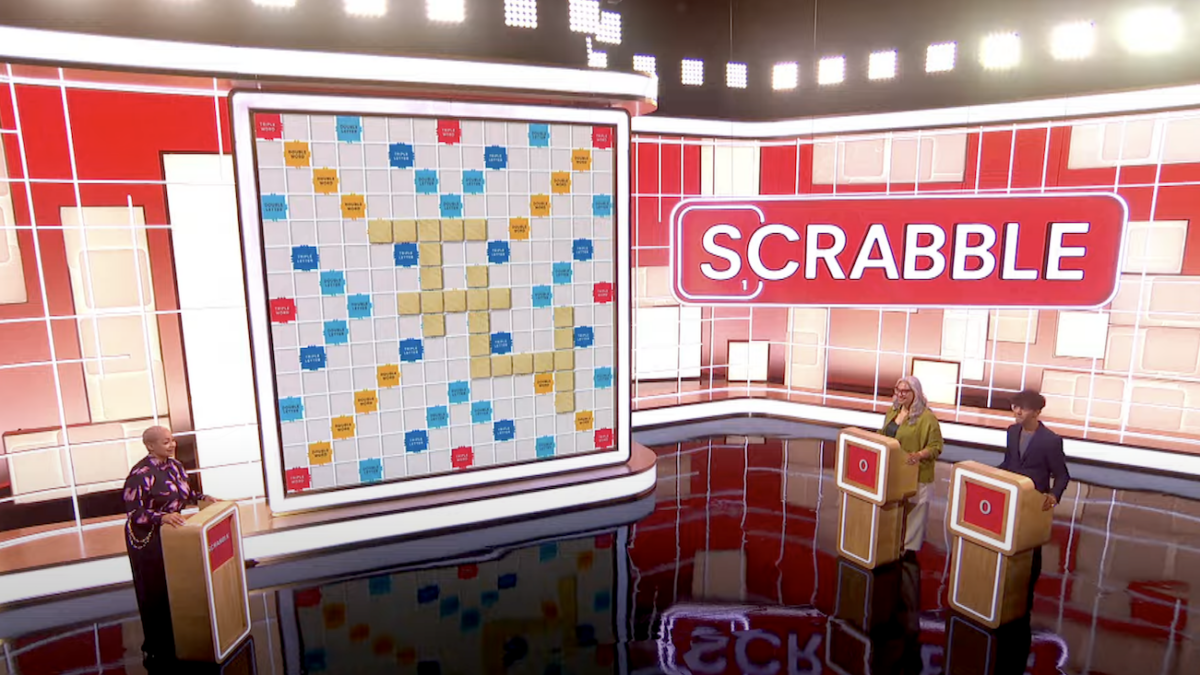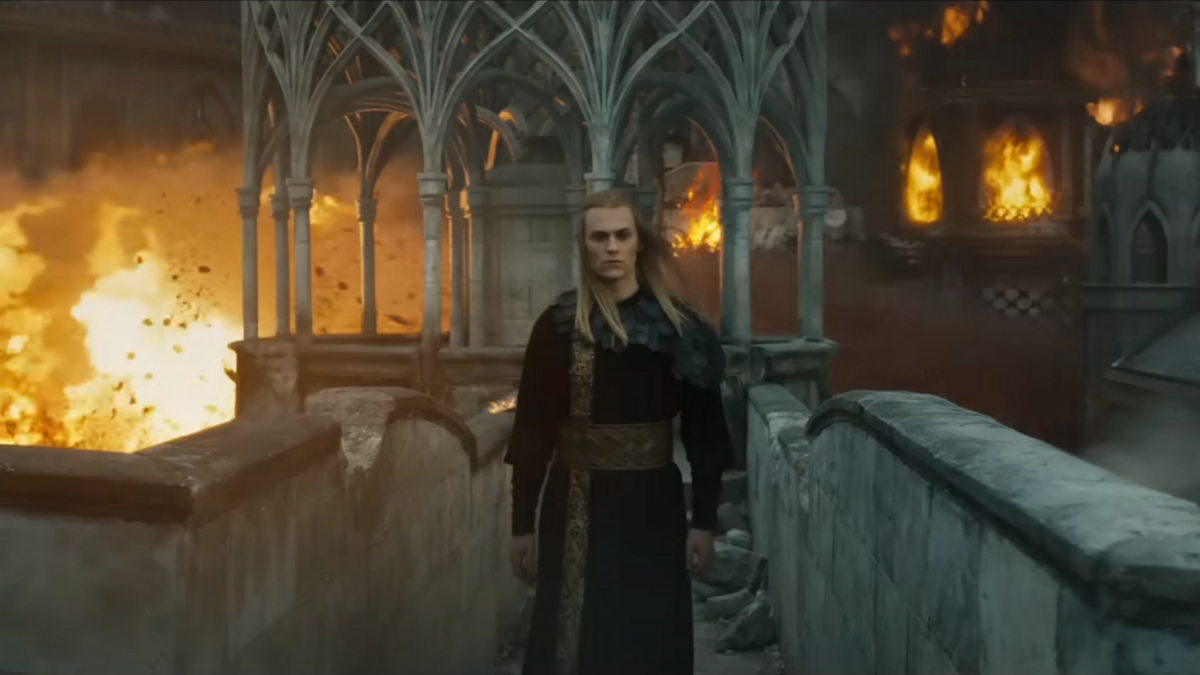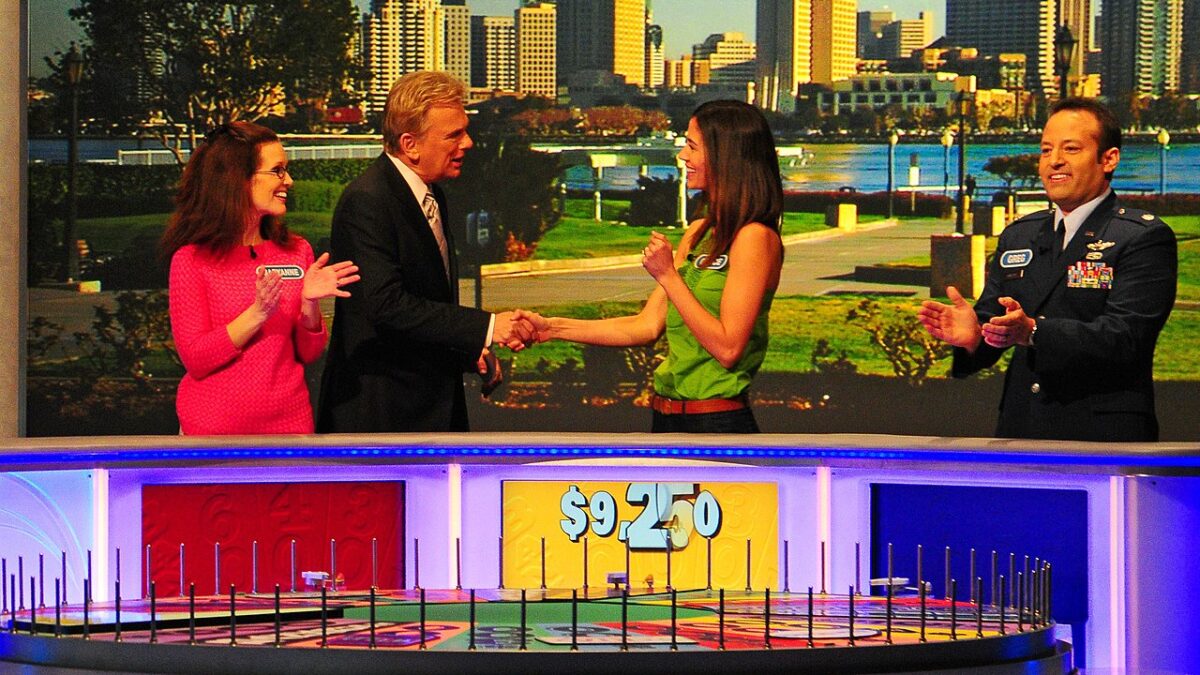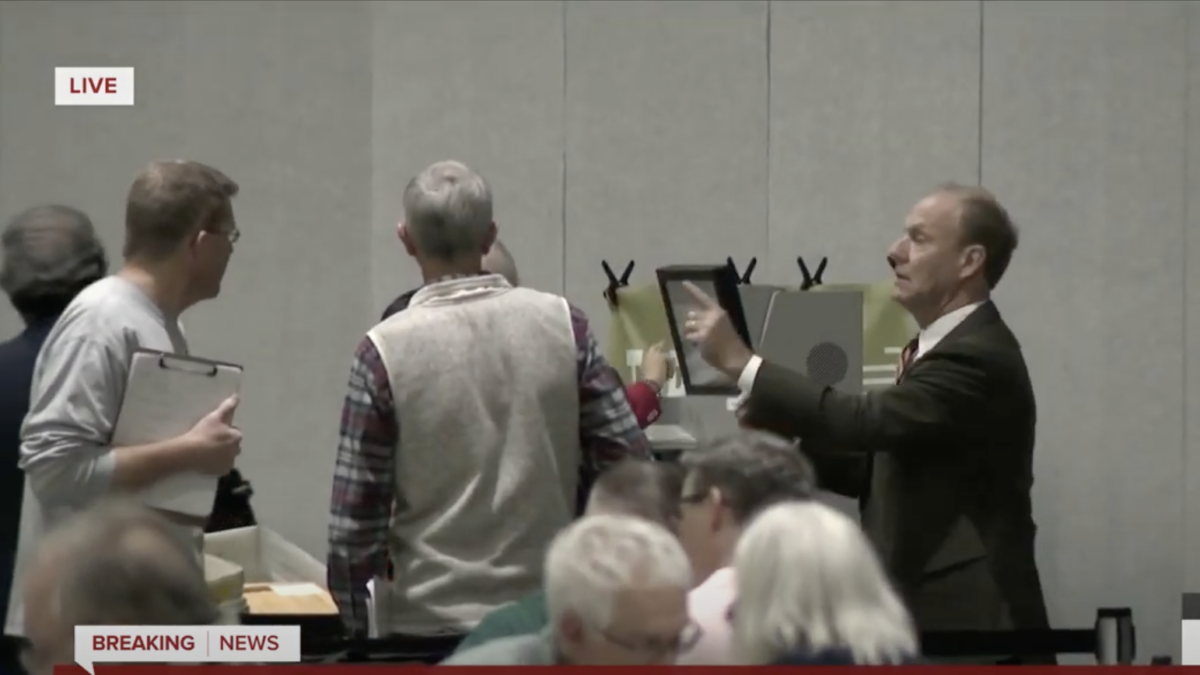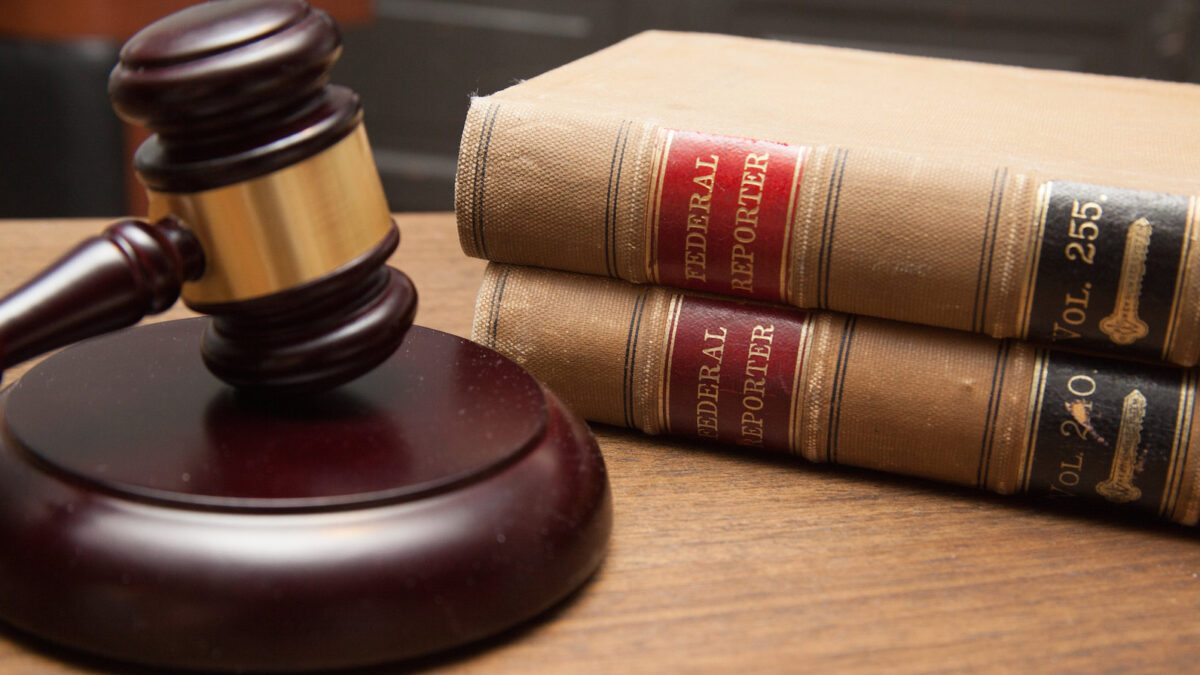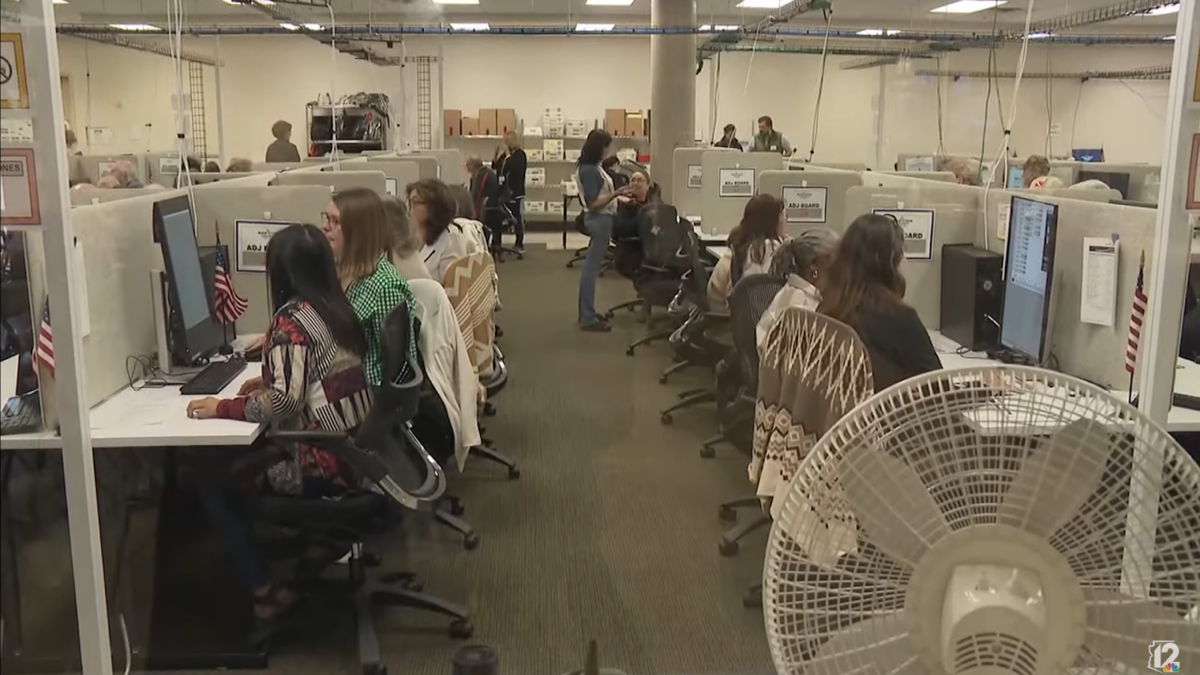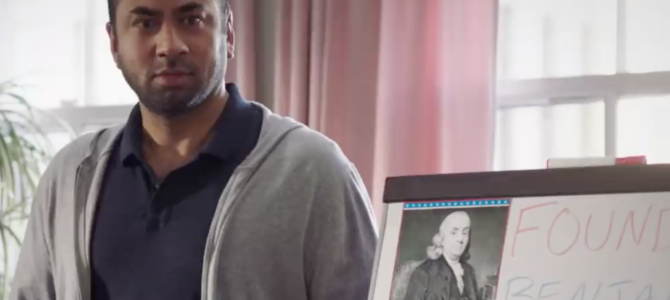
(Spoilers ahead.)
When NBC announced new fall shows “Sunnyside” and “Perfect Harmony”–both of which follow characters on self-improvement bents backed by quirky ensembles—it seemed inevitable that one or both would falter. That’s just what happened when “Sunnyside” was cancelled this month.
Since “The Office” debuted nearly 15 years ago, NBC has redefined the American sitcom with a more humanistic and character-based focus (similar to the “dramedy”). Considering the pressures on network television to appeal to a broad base, it’s downright miraculous this revolution—which also included shows like “My Name is Earl,” “Community,” “Parks and Recreation,” and “Superstore”—took place on a sitcom network.
NBC’s reputation has become somewhat of a two-headed Janus. While the aforementioned shows were given a chance to thrive, the network has become notoriously trigger-happy. Under past president Robert Greenblatt’s reign, 25 comedies were cancelled in a five-year period. Ironically, many of the shows NBC unceremoniously cancelled were the ones that required a chance to build an audience, meaning they needed network support more than ever. As “The Good Place” comes to an end, it remains to be seen whether NBC has learned any lessons from its past.
Let’s rewind to 2005, when NBC was losing its grip on the “Must See” brand following the departures of “Friends” and “Frasier.” NBC brought in “The Office,” adapted from the runaway British hit by Ricky Gervais and Stephen Merchant. Under the direction of former “Saturday Night Live” writer Greg Daniels, the show eventually deviated from its source material to a reflect a more humanistic tone.
Gervais and Merchant intended for their series to satirize the dreariness of the workplace and the pointlessness of trying to succeed professionally in such an environment. The series hero wasn’t the boss who had false illusions of control over his office, but the office slacker who spent his days pranking his coworker and flirting with the unattainable secretary.
The American version lifted its pilot note-for-note from the British version when it premiered in 2005, following the idiot-boss/slacker-hero template all the way through the six-episode first season. In the show’s second season, two key changes affected the show’s trajectory. Realizing the inherent likeability of Steve Carell, the writers knew it was impossible not to be charmed a little by Michael Scott’s earnest aloofness so they started writing and framing him more sympathetically. (This Nerdstalgic video illustrates Michael’s transformation).
The other key change was that workers in the background, originally intended as glorified extras, were used more heavily by the writers, ultimately giving us characters we wouldn’t otherwise see on TV: a terminally depressed divorcee (Toby), a grumpy middle-aged man who cares more about crosswords than human interaction (Stanley), or a South Asian chatterbox (Kelly). Beyond race and sexual orientation, the characters were a cross-section of America in terms of class, age, and temperament.
But what truly defined the show in later seasons was its inherent humanism: The portrayal of characters finding a slice of happiness in an unglamorous life. It wasn’t just the marriage of Jim and Pam and the other happy-ending romances (of which some didn’t even work), but also all the ways in which the characters formed a makeshift family of their own, and how their care for one another ended up saving the branch more than once. While the drudgery of office work never went away, people found other ways to be happy, whether it was by forming a band or establishing the Finer Things Club or gaining status within the ever-elusive party-planning committee.
In the British “Office,” the protagonist Tim was quoted as saying, “If you look at life like rolling a dice, then my situation now, as it stands, yeah, it may only be a three. If I jack that in now, go for something bigger and better, I could roll a six… I could also roll a one. Okay? So, I think sometimes. Just leave the dice alone.”
Explaining the differences between the American and British “Office,” Ricky Gervais once noted: “I would say that Americans are more ‘down the line.’ They don’t hide their hopes and fears. They applaud ambition and openly reward success…This is due to our upbringing. Americans are brought up to believe they can be the next president of the United States. Brits are told, ‘It won’t happen for you.'”
Ironically, one of NBC’s next big hits (from “Office” writer Mike Schur), was about a small-town city official who had delusions of political grandeur. Like, “The Office,” “Parks and Recreation” stylistically relied more on character beats, positive, dramedy-type arcs, and relatability than quick punchlines.
While NBC has experimented with other formats like star vehicles (“Sean Saves the World,” “The Michael J Fox Show”), bets on emerging talent (“Whitney”,”“Are You There Chelsea,” “Best Friends Forever”), and tried its hand at niche demographics (“Carmichael Show,” “Telenovela”), the network’s biggest comedic successes (with the exception of “30 Rock”) have been in that same mold of humanistic comedy. Think “Superstore,” “Community,” “My Name is Earl,” and “The Good Place.” If you haven’t been watching, “The Good Place” (also from Schur) is like “The Office” if it took place in the afterlife, Michael Scott was a party girl from Arizona, and the narrator was on cocaine.
Here’s the catch. While the kind of humor that’s based on character beats gets stronger as a series goes on, the shows generally starts from a weak place. Most hard-core fans of “Parks and Recreation,” for example, acknowledge the first season as an aberration—and the Rotten Tomatoes score reflects that leap from 69% to 91%.
When the humor is based so heavily around subtle character actions, writer’s rooms often need time to work out character kinks and even adjust the casts. “Community,” for example, made room for Ken Jeong’s Señor Chang and eventually cut out Chevy Chase’s Pierce.
“Sunnyside,” NBC’s newly canceled comedy, stars Kal Penn as a disgraced city official who takes his breezy life for granted until he’s kicked out of office and living on his sister’s couch. His redemption comes in the form of helping a diverse group of immigrants study for their citizenship exams and manage whatever other problems they have with the system.
The show follows the same pattern as many other recent NBC hits. Like “Parks and Recreation” and “Community,” the initial premise is relatively temporary, considering that taking an actual citizenship test is fairly easy by most academic standards (compared to, say, a high school history test) and once his group passes, then what? The show is also low on punchline-based jokes and more focused on characters intersecting in funny ways.
More importantly, the show has a social relevance. In fact, it might be the most overtly political comedy the network has done in years (not even the short-lived “1600 Penn” can compare). Whereas a show like “Superstore” followed its characters as they formed unions and an employee got detained by ICE, “Sunnyside” uses the current immigration climate as its central premise.
While this might turn off viewers who want to filter shows through a partisan lens, the series is more focused on helping people through circumstances than having characters launch into long diatribes about how the system got those characters there. Whatever your current views are on the immigration debate, the show only asks us to look at the humanity of its characters and be invested in their betterment, like any other sitcom with heft.
Although “Sunnyside” will continue streaming on Hulu and might get a second season, it’s important to discuss whether NBC is capable of nurturing its products with potential or continuing to shoot itself in the foot. This is significant because NBC’s ability to reach an audience is greater than the cable networks and if it’s providing bolder ideas for programming than its broadcast competitors, that makes it a pretty significant launchpad for innovation.
“I would say if television can’t make us better people than nothing will,” Mike Schur said during a recent panel at the University of Notre Dame. “It’s a flawed medium, but like it or not, it’s like the quintessential art form of the 20th century and 21st century. There’s nothing that Americans engage with more often on a daily basis than television.”
Although it’s slightly exaggerated to think the whole of society rests on NBC’s shoulders, it’s worth hoping the network will give these shows the room to thrive.


